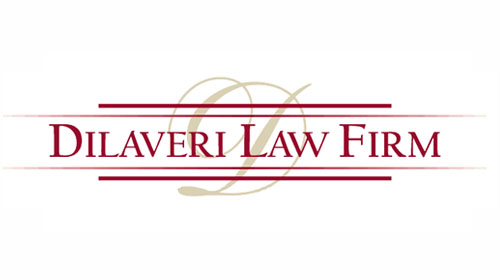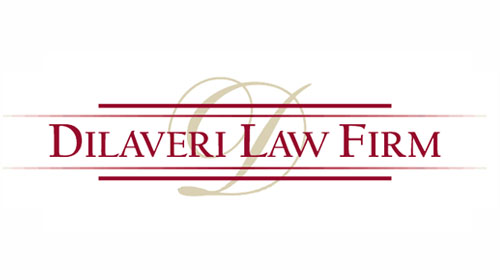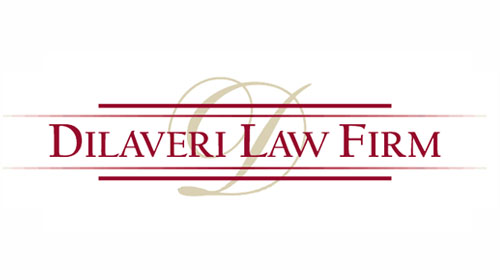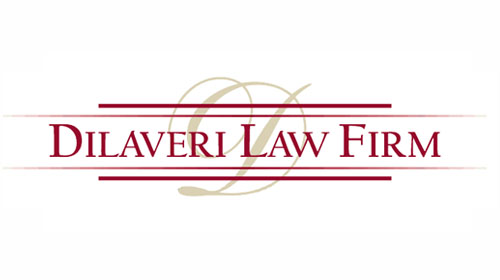Rochester Minnesota
Divorce & Family Attorney
How Can We Help You
Rochester Minnesota Child Custody Lawyer
Child Custody Attorney Minnesota
If parties are going through a divorce and there are minor children involved or if parties have had a child born outside of marriage, the courts will need to address the issue of child custody. If you need a Rochester Minnesota child custody attorney, we can help.
Legal and Physical Custody
Minnesota Law refers to two types of custody:- Legal Custody –dealing with decision-making regarding religious, medical, educational and other major issues.
- Physical Custody – dealing with the day-to-day care and control of the children.
A court can grant a parent either sole or joint of either type of custody.
- Sole custody – one parent has the exclusive authority over decisions regarding the children.
- Joint custody – parents share authority over decisions regarding the children. For purposes of physical custody, parenting time does not have to be 50/50 in order to be labeled joint custody.
There is a presumption in Minnesota that joint legal custody is in the best interest of the children. However, there is no presumption with regard to physical custody. Presumptions do not apply if there has been domestic abuse between the parents.
Prior to 2007, custody labels were very important when the courts calculated child support. Now, the labels have little significance. Instead, the percentage of time the child spends with each parent plays the crucial role in the calculation of child support.
Determining the Best Interests of the Child
Under Minnesota law, the court must determine the best interests of the child prior to making its custody determination. The Court will make its determination based on the factors outlined below. No one factor is given more weight than the others. Thus, a mother would not automatically get custody of the child just because she was the primary caretaker of the child. Instead, the judge will examine the following 13 factors:
- The wishes of the child’s parent or parents as to custody;
- The child’s preference, if the court deems the child to be of sufficient age to express a
preference; - The child’s primary caretaker;
- The intimacy of the relationship between each parent and the child;
- The interaction and interrelationship of the child with a parent or parents, siblings, and any other person who may significantly affect the child’s best interests;
- The child’s adjustment to home, school, and community;
- The length of time the child has lived in a stable, satisfactory environment and the
desirability of maintaining continuity; - The permanence, as a family unit, of the existing or proposed custodial home;
- The mental and physical health of all individuals involved;
- The ability and willingness of each party to give the child love, affection and guidance and to continue educating and raising the child in the child’s cultural heritage;
- The child’s cultural background;
- The effect on the child of any domestic abuse that has occurred between the parents or between a parent and another individual;
- The willingness of each parent to encourage and permit frequent and continuing
contact by the other parent with the child.
Guardian ad Litem – Custody Evaluator
Guardians, Parenting Time Expeditors, and Custody Evaluators are third-party professionals that assist the Court in making determinations regarding custody and parenting time.
- Guardian ad Litem – When there are allegations that the child is a victim of domestic abuse and/or neglect, the Court appoints a Guardian ad Litem. The guardian performs an independent review of the case. They represent and advocate for the child and monitor the child's best interest throughout the case. Guardians are expected to prepare a written report for the court and to provide a factual basis for their opinion.
- Custody Evaluator – When the parties cannot agree on custody and parenting time issues, the Court appoints a custody evaluator to investigate and prepare a report that goes over the 13 best interest factors as they apply to each parent. As part of the report, they are to make recommendations to the court as to what the custody and parenting time arrangement should be. Custody evaluations are fairly expensive, averaging $3,000 to $4,000, and each parent is usually responsible for half of the fee.
Modification of Child Custody
Once the child custody order has been entered, it is much more difficult to modify the arrangement than it was to establish it. The party seeking the modification must prove that circumstances have changed since the time of the entry of the last order and that:
- Both parties agree to the modification;
- The child has been integrated into the family of one parent with the consent of the other parent; or
- The child’s present environment endangers the child’s physical or emotional health or impairs the child’s emotional development, and the benefit of changing the order outweighs the harm likely to be caused by a change of environment.
Request a Free Consultation
If you have additional questions about Child Custody in Minnesota, please contact the Dilaveri Law Firm today. We always offer free initial consultations to our clients. Call 507.206.6020 or complete our free case evaluation form.













